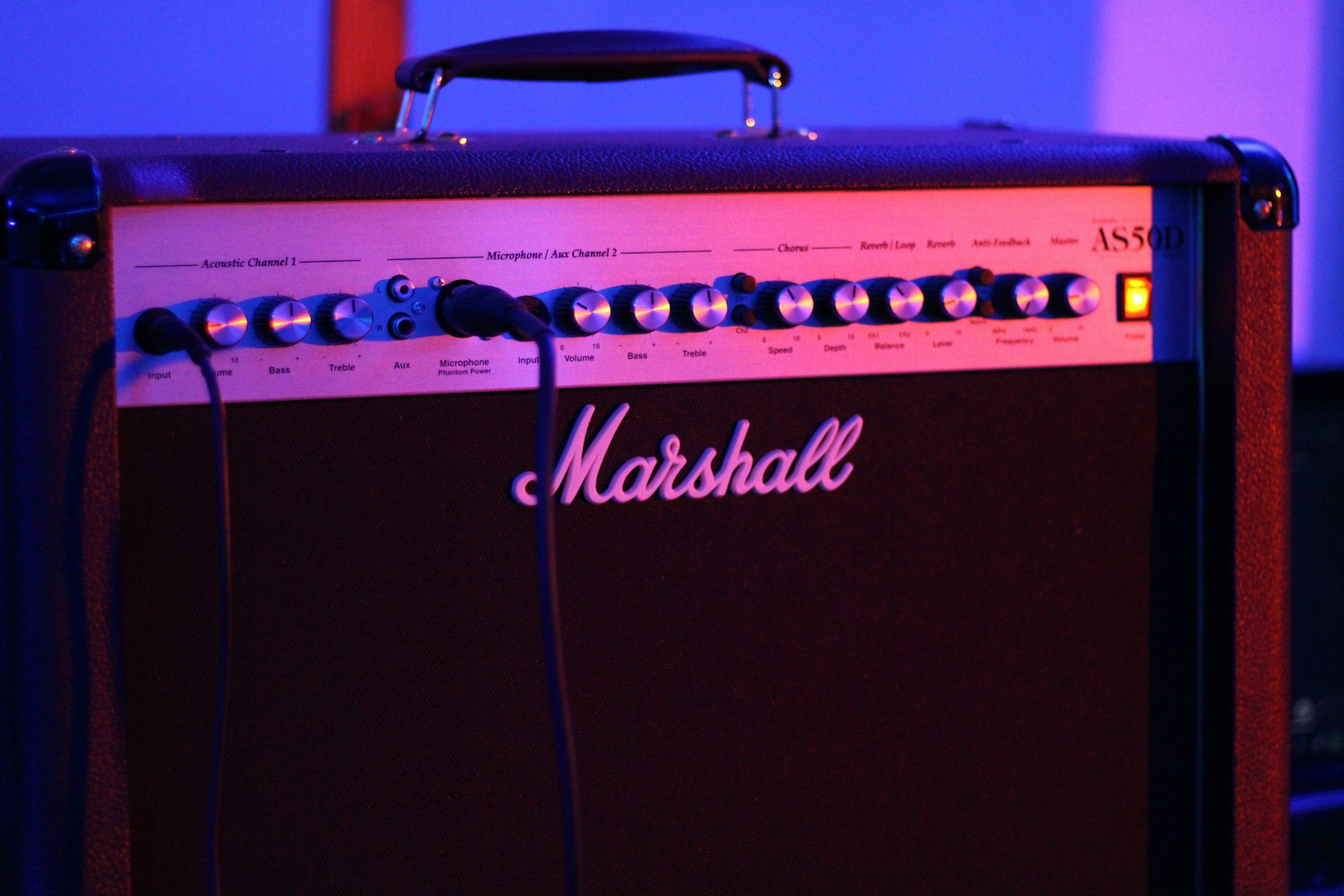How to Choose the Right Guitar Amp for Your Playing Style

Choosing the right guitar amplifier can go a long way in improving your music, and providing the right sound, loudness, and feel for your music. Since there are so many options to choose from, knowing the features that are relevant to your interests is rather important. In this guide, we’ll look at the basic guidelines that will help you make the right choice of the amp for you. Let’s start with a brand known for its versatility and iconic sound: Orange Amps.
Understanding Your Playing Style
Every guitarist has his own way of playing the guitar and the first thing you want to do is to identify the style that best suits you. Do you enjoy blues and desire a warm and rich sound? Maybe you are into heavy metal, where you need powerful distortion and, therefore, high gain. Once the genre has been identified and the characteristics of the piece have been determined, the possibilities can be limited even further.
Types of Amplifiers
Tube Amps
Tube amplifiers, often referred to as valve amps, are highly prized for their warm and rich tone. They respond quickly to your play, making them preferred by many professional musicians. However, they are usually large and may also need frequent maintenance to ensure they are in good working condition.
Solid-State Amps
Solid-state amps employ transistors rather than tubes, and they are more dependable and long-lasting. These amps are normally lighter in weight and cheaper but they give a much better sound than the normal amps and they are more suitable for jazz and other forms of music that require very clear sound.
Modeling Amps
Digital modeling amps mimic the characteristics of different amplifier types and can produce a large number of tones from a single piece of equipment. They are ideal for the guitarist who plays in different genres and does not want to own several amplifiers.
Hybrid Amps
Hybrid designs incorporate the tube preamplifier with the solid-state power amplifier section. This configuration offers the warmth of tubes with the dependability of a solid-state design.
Power and Wattage
The rated power of an amplifier in watts affects its performance in a very dramatic way. 50-100 watt amps are the types that are recommended for large halls and shows as they provide louder volumes and contain more headroom. For home practising or for small gigs, one only needs a small wattage amp (5-30 watts) to give you the natural overdrive at a low volume.
Speaker Configuration
Another aspect that defines the amp’s sound is the speaker configuration. Some of the arrangements are one speaker combination which is portable and two or more speaker combinations which give better and more powerful sound. When selecting your speaker configuration, you have to think about how portable you need it to be and the kinds of locations you’ll be performing in.
Built-In Effects
Most of the contemporary amplifiers have integrated effects such as reverb, delay, and chorus among others. These effects can help you improve your sound without the use of other pedals. However, if you want more control over your signal an amp with a clean tone and an effects loop will serve you better.
Budget Considerations
Price is a factor in the consideration of an amplifier. While some amps come with high prices, they are much better in sound quality and construction compared to many cheaper models. Set your budget and decide on which aspects are important to you.
Trying Before Buying
Whenever possible, test amplifiers in person. Playing through different models allows you to feel their response and hear how they complement your guitar and playing style. Pay attention to the amp’s tone, dynamics, and how it interacts with your effects and playing techniques.
Selecting the best guitar amp requires one to consider the playing style, the type of music, and the requirements of the performance. Whether you stick to the ‘classic’ Orange Amps or look for other companies, knowing the types of amplifiers, their power, the number of speakers, and the effects integrated into the unit will help you find the right one. In any case, it is necessary to take into account the financial possibilities and, if desired, try the amps before making the final choice. The improved sound quality that comes with the right amplifier means that every note you produce is as good as the sound you have always wanted to produce.